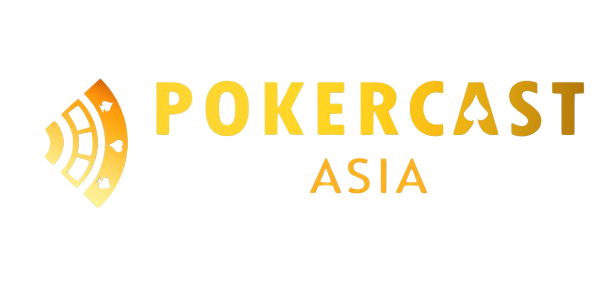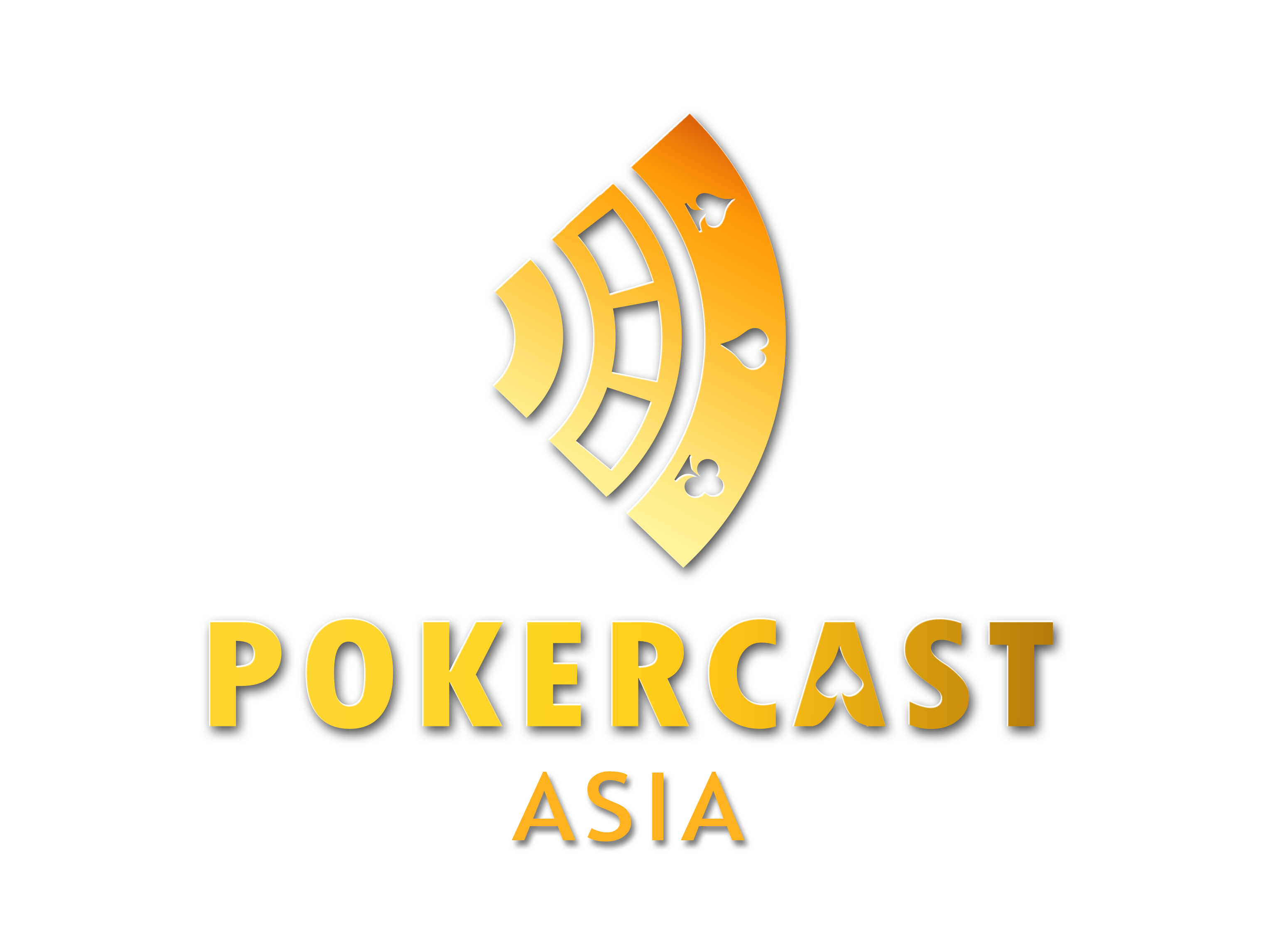Het, Poker Playas!
One of the best parts of the work we do is gaining a deeper understanding of the game—not just from a player’s perspective, but from all angles behind the scenes. Covering events allows us to witness the dynamics that the public doesn’t always see, and recently, Cebu gave us a perfect example.
Just a short while ago, two poker rooms in Cebu went head-to-head, scheduling tournaments at the same time. Naturally, attendance took a hit for both sides. But what stood out wasn’t just the clash—it was how each room responded.

Just a short while ago, two poker rooms in Cebu went head-to-head, scheduling tournaments at the same time. Naturally, attendance took a hit for both sides. But what stood out wasn’t just the clash—it was how each room responded.
One poker room made a bold and respectable move: choosing to adjust their schedule to avoid further conflict and protect the integrity of their event. In an industry where pride can often cloud judgment, this decision showed a level of maturity and long-term thinking. For them, reputation outweighed the short-term numbers, and it’s a move that will likely earn them respect not just from players, but from the community as a whole.
This is just one of the many moments that highlight the ever-evolving poker landscape in Cebu—competitive, yes, but also full of lessons in strategy both on and off the felt.
MANILA VS CEBU
Why We Say Cebu is More Competitive Than Manila in Poker
There’s a reason why many in the local poker scene view Cebu as a more competitive landscape than Manila—and it’s not just about the level of play. It’s about how poker rooms operate, how they respond to challenges, and how they treat their players.
In Manila, some poker rooms have unfortunately earned a reputation for canceling events. The practice has become so common that even without naming names, seasoned players already know who’s being talked about. These rooms tend to blame players for the lack of turnout, canceling guaranteed tournaments if numbers fall short—despite those events being publicly scheduled and promoted. And often, the internal explanation ends up being: “That’s management’s decision, there’s nothing we can do.”
In contrast, Cebu faces a different kind of challenge. The player base is naturally smaller, and every tournament matters. But instead of backing out, poker rooms in Cebu innovate. With PAGCOR’s recent regulation imposing a ₱500,000 fine for canceling a tournament, rooms here have become even more driven to make events work. Rather than canceling, they roll out new promos, attract early birds, offer bonus stacks, and even adjust structures or create value-added incentives just to keep their guarantees intact.
This week alone, two poker rooms in Cebu went head-to-head with overlapping schedules. And while attendance was split, neither room backed down. That’s the Cebu mentality: face the challenge, adapt, and push through.
Meanwhile, in Manila, poker rooms often try to avoid overlapping with others—yet some still undercut one another behind the scenes. If attendance isn’t favorable, they’ll pull the plug without hesitation.
In the end, Cebu’s approach builds loyalty and a stronger, more resilient poker community. It’s not just about hosting games—it’s about earning the trust of the players and proving that commitment and consistency still matter.









